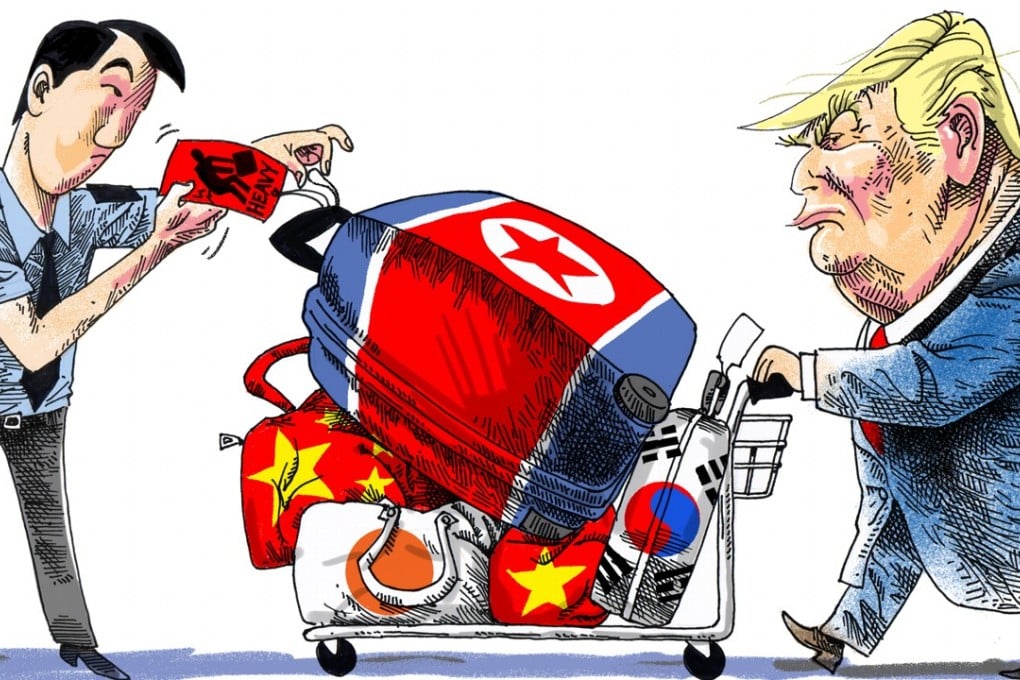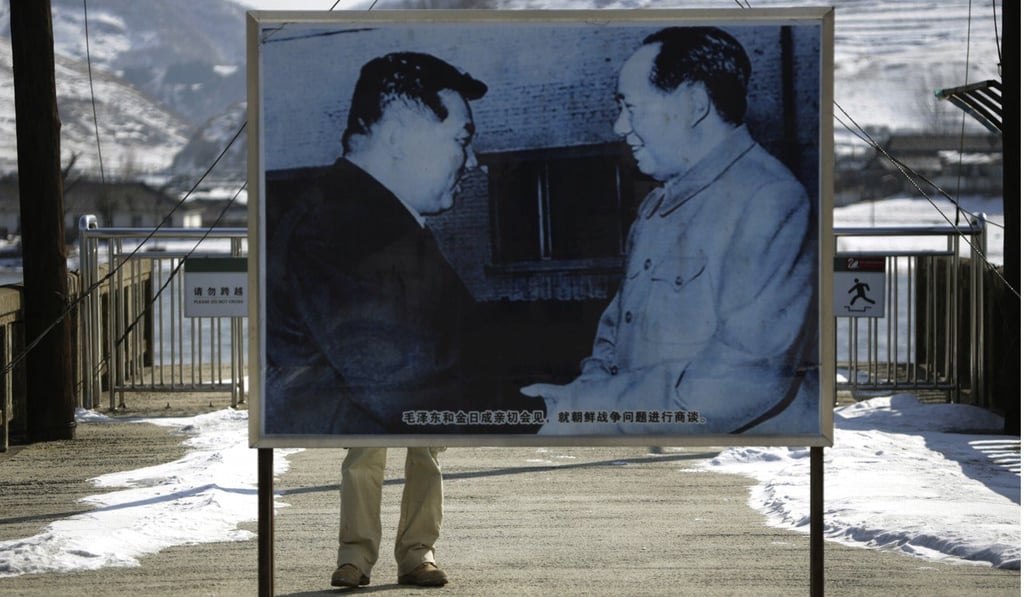During his Asia trip, can Trump assuage doubts about America’s leading role in the region?
Derwin Pereira says the US president should not let the North Korean nuclear stand-off dominate his agenda in Asia, and instead engage leaders on shared strategic concerns, singly and through forums such as Asean and Apec

Can Trump secure America’s place in Asia on his trip to the region?
Indeed, his stance on North Korea will be welcomed in Japan as well, since it lies in the immediate path of Pyongyang’s missile tests. It would not be going too far to say that Tokyo would benefit from a public declaration of Washington’s strategic bottom line as much as Seoul would.
As for China, it finds itself sandwiched between American insecurity vis-à-vis the North Koreans, and its own balance-of-power compulsions with Washington. America knows that there is a limit to Beijing’s ability to influence Pyongyang’s nuclear and missile programme. For North Korea, that programme is key to its regime’s survival. On this issue, it will not heed China’s constraining voice any more than it will be swayed by America’s threats.

